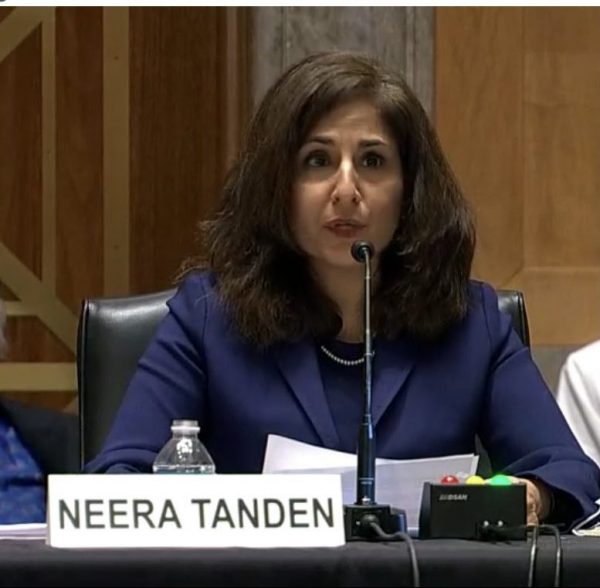Our Bureau
Oakland, CA
Aravind Nagulu, assistant professor of Electrical and Computer Science at Northeastern University, has been awarded a $500,000 NSF CAREER award for “Cryogenic-CMOS and Superconducting Circuits for Scalable Quantum Systems” to address limitations in the hardware infrastructure of quantum computing by developing energy-efficient, low-cost, and compact cryogenic chips that will enable scaling quantum systems to support thousands of qubits.
“We are at the limit of miniaturizing standard technology,” said Aravind Nagulu. While traditional computers use “bits” to store and process information, quantum computers rely on “qubits.”
“Generally speaking, if you add more resources to a digital computer, the benefits scale linearly,” Nagulu explained. “But in a quantum computer, if you do it the right way, the benefits scale exponentially as you add more qubits.” This makes it possible to conduct more powerful computations using fewer resources.
The quantum computing market was valued at more than $13 billion in 2022, Nagulu noted, and is projected to exceed $143 billion by 2032. This growth is expected to accelerate breakthroughs in artificial intelligence, cryptography, financial fraud detection, and energy research.
In Nagulu’s lab, graduate student researchers are focused on designing and fabricating the semiconductors that are foundational to the chips that store and process data. While traditional chips are made from silicon, qubits are made from trapped ions, photons or atoms. They are “feeble,” Nagulu said, and highly sensitive to noise. And noise grows louder as temperatures go up, Nagulu said. Therefore, colder conditions improve qubit superconductivity.
Achieving these low temperatures requires a dilution refrigerator, which can cool supercomputing chips to almost absolute zero. The challenge, Nagulu said, is to make the rest of the process cold too.
“If we can create compact and cost-effective superconducting circulators, quantum computers could scale to larger numbers of qubits without requiring larger refrigerator space,” Nagulu said. “The research in quantum hardware is scaling rapidly, and its potential impact spans everything from medicine and drug development to complex chemical computations.”


























